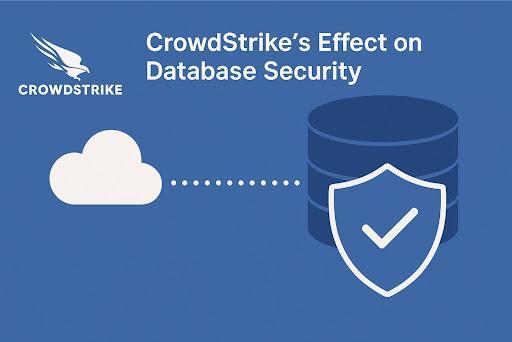
The proliferation of cloud-native and hybrid databases has intensified the need for advanced cybersecurity measures to counter sophisticated threats like zero-day exploits and SQL injections. According to Sudheer check out in his articleCrowdStrike, a prominent cybersecurity firm, leverages its Falcon platform powered by AI, machine learning, and behavioral analytics to safeguard database integrity, confidentiality, and availability. This shift toward AI-driven security and Zero Trust models offers significant opportunities to enhance protection, yet the 2024 outage revealed challenges tied to centralized cloud solutions, prompting a reevaluation of reliability and redundancy in security architectures.
Strengthening Database Protection with AI and Zero Trust
CrowdStrike’s Falcon platform provides robust database security through real-time threat detection, analyzing query patterns and privilege changes to preempt attacks like malicious scripts and insider threats. Its Zero Trust approach, requiring continuous verification and minimal access privileges, reduces vulnerabilities from compromised credentials. This enhances database resilience, particularly in cloud environments, by ensuring only authorized actions proceed. Behavioral analytics further bolsters this by identifying anomalies early, offering a proactive defense against escalating breaches.
Challenges in Centralized Security and the 2024 Outage
Despite its strengths, CrowdStrike’s centralized cloud model faces significant hurdles. The 2024 outage, triggered by a flawed update on July 19, disrupted millions of devices across critical sectors, exposing databases to unmonitored threats. This incident highlighted risks of vendor lock-in and the absence of real-time protection during downtime. AI-driven systems, while effective, also struggle with false positives and adversarial manipulation, requiring constant updates. Sudheer Kolla in his research suggested that these challenges underscore the need for diversified security strategies to maintain continuous database protection.
Reliability and Systemic Risks in Cloud Security
The 2024 outage raised concerns about over-reliance on a single provider, as organizations lacked fallback options when Falcon failed. Compliance issues, such as data sovereignty laws mandating local storage, complicate CrowdStrike’s cloud-centric approach in regulated industries. User trust wavered as automated updates intended to deliver timely patches introduced compatibility risks, emphasizing the importance of rollback mechanisms and on-premises backups to ensure operational continuity and regulatory adherence.
CrowdStrike’s Security Architecture and Implementation
CrowdStrike’s Falcon platform integrates AI anomaly detection, machine learning, and Zero Trust principles into a cohesive security framework. It monitors database activities in real time, leveraging cloud infrastructure for scalability and responsiveness. Sudheer Kolla mentioned key features include behavioral threat analysis, privilege verification, and automated responses to suspicious actions. While effective in dynamic environments, its reliance on cloud connectivity necessitates hybrid architectures combining cloud and local systems to mitigate risks of provider outages and enhance flexibility.
Performance Insights and Lessons from 2024
CrowdStrike excels in controlled settings, rapidly identifying threats and reducing breach risks through AI and Zero Trust. However, the 2024 outage demonstrated its vulnerability in real-world disruptions, with databases left exposed for hours. Studies suggest AI-driven security can cut threat detection time significantly, yet centralized failures negate these gains without redundancy. The incident highlighted the critical need for multi-layered defenses and contingency plans to sustain performance under adverse conditions.
Future Enhancements for Database Security
To strengthen database protection, CrowdStrike and similar providers must adopt hybrid security models, blending cloud agility with on-premises stability. Refining AI algorithms to minimize false positives and counter adversarial attacks is essential, as is investing in explainable AI for transparent decision-making. Regulatory compliance can be improved through standardized patch management and data residency protocols. Robust incident response, including automated rollbacks and distributed architectures, will further ensure resilience, fostering trust and adaptability in evolving threat landscapes.
Conclusion: The Future of Database Security with CrowdStrike
According to Sudheer check out in his study, CrowdStrike’s AI-driven and Zero Trust innovations mark a significant leap in database security, yet the 2024 outage underscores the fragility of centralized systems. The future lies in hybrid frameworks that balance cloud efficiency with local redundancy, alongside enhanced AI and regulatory alignment. By addressing reliability, compliance, and systemic risks, CrowdStrike can lead the charge in fortifying databases against sophisticated threats. Embracing these advancements will ensure databases remain secure, resilient, and trusted in an increasingly complex digital world.